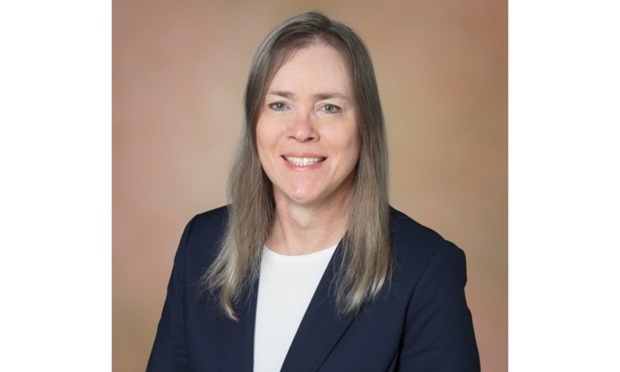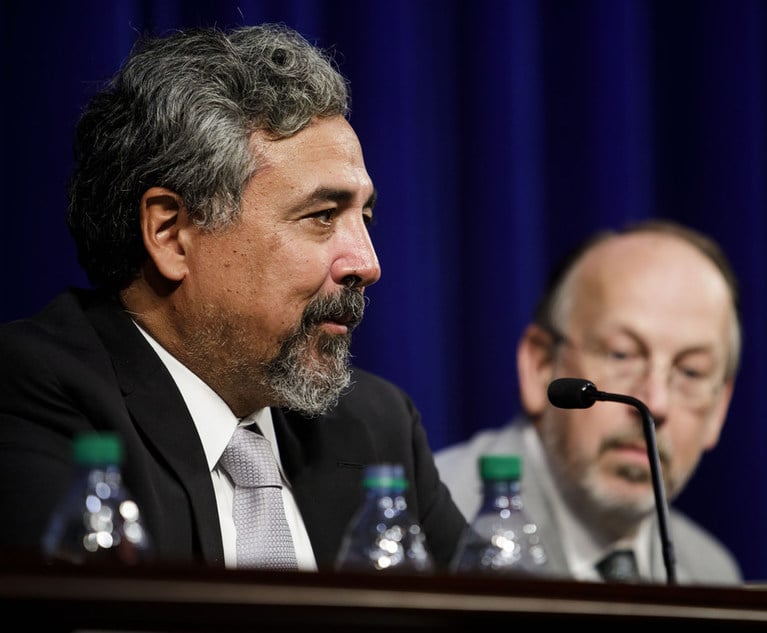The First Department’s February 2018 decision in AlbaniaBEG Ambient SH.P.K v. Enel S.P.A., 160 A.D.3d 93 (1st Dept. 2018), surprised many practitioners experienced in the recognition and enforcement of foreign money judgments by concluding that a plaintiff judgment creditor must show that it has personal jurisdiction over the defendant or the defendant’s property in New York if the defendant raises substantive statutory defenses to recognition. L. Newman & D. Zaslowsky, “Did it Just Get Harder to Enforce a Foreign Judgment in New York?” N.Y.L.J. (March 21, 2018) (the “limitation the First Department put on Abu Dhabi will likely be a surprise to many who have focused on this area of law”). Just a few years earlier, after all, in its 2014 decision in Abu Dhabi Commercial Bank v. Saad Trading, 117 A.D.3d 609 (1st Dept. 2014), the First Department had stated that “the CPLR [does not] require the judgment debtor to maintain property in New York for New York to recognize a foreign money judgment.” And quoting the Fourth Department’s longstanding 2001 decision in Lenchyshyn v. Pelko Electric, 281 A.D.2d 42 (4th Dept. 2001) (“the judgment debtor need not be subject to personal jurisdiction in New York” in an Article 53 proceeding (id. at 43) and stated further that the proceeding could be maintained in the state “even if defendants do not presently have assets in New York” (id. at 50).), the First Department had reasoned:
“even if defendant[], do[es] not presently have assets in New York, plaintiff[], nevertheless should be granted recognition of the foreign country money judgment pursuant to CPLR article 53, and thereby should have the opportunity to pursue all such enforcement steps in future … .”
117 A.D.3d at 612.


 Katherine Cooper, shareholder, Murphy & McGonigle
Katherine Cooper, shareholder, Murphy & McGonigle




